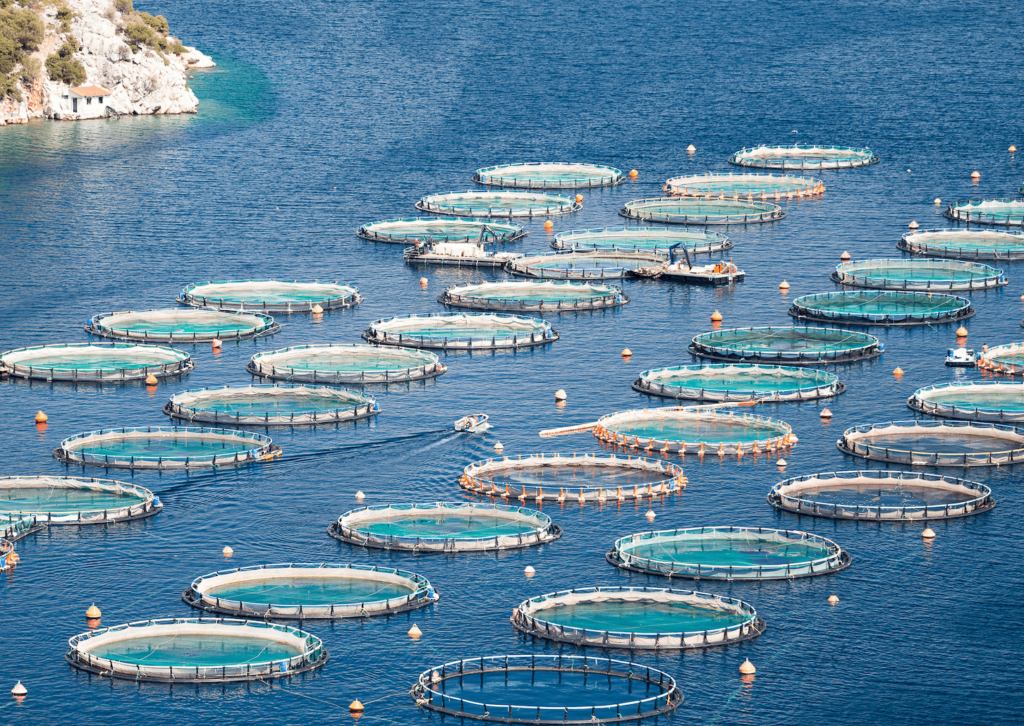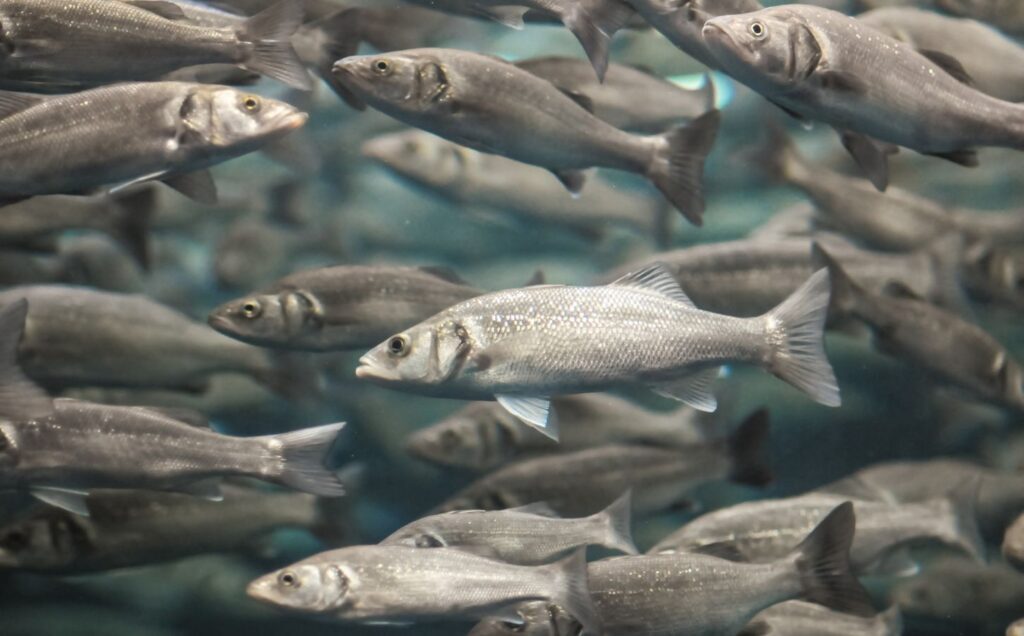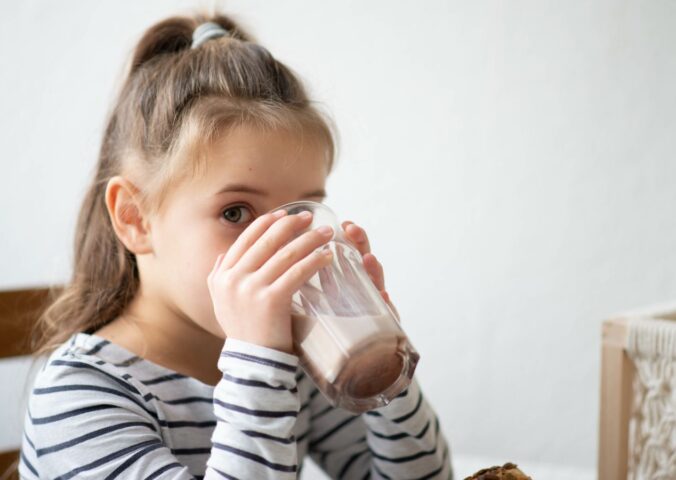Newly unearthed reports have connected Australian salmon farms to extreme antibiotic use, suggesting salmon is the latest meat product heightening the risk of superbugs.
Sheenagh Neill, co-vice chair of Tasmanian Alliance for Marine Protection, said she found the information “buried deep in the subpages” of the Environment Protection Agency (EPA) website.
The reports revealed that two large-scale salmon farms in southern Tasmania, Australia, used more than a ton of antibiotics to fight off a disease outbreak this year.
Huon Aquaculture and Tassal both fed their fish stocks antibiotic pellets. The move was a response to a vibrio anguillarum bacterial infection. The disease is highly contagious, passed orally, and carries a high mortality rate.
The data comes from EPA reports filed by both farms. However, neither of the farms, nor the Tasmanian government, made any public announcements about the outbreak until months later.
Tassal’s report showed that it employed the antibiotic oxytetracycline, feeding 675 kilos of it to 15 salmon cages in January. Later in the same month, Huon Aquaculture used 400 kilos of trimethoprim, giving it to fish in 12 cages.
Environmental sampling of sediment, adjacent farm cages, and wild fish in the areas where the drugs were distributed found antibiotic levels far above the accepted norms. This applied to both farms.
“It is infuriating that the information about these big antibiotic dumps was buried and most likely deliberately so,” Neill said.
Antibiotic overuse and superbugs

Both oxytetracycline and trimethoprim are categorized by the World Health Organization (WHO) as “highly important” for human health. As a result, it has voiced concern that their overuse in food production, including fish farming, leaves humans vulnerable to infection from superbugs.
Superbugs — so called because they are resistant to even the strongest antibiotics — were discovered in UK pork this year. Fears that US beef will create them are also prevalent. Now, salmon appears to be joining the ranks of superbug breeding grounds.
It’s not the first time Tasmanian salmon farms have been connected to antibiotic overuse. In a report on antimicrobial resistance in meat bought at Australian supermarkets, World Animal Protection highlighted the scale of the problem. Monash University, which conducted sampling and testing on behalf of the animal welfare organization, found that up to 39 percent of 90 Tasmanian salmon samples showed signs of antibiotic resistance.
Alternatives to antibiotics in salmon farming
To combat the prolific reliance of antibiotics in food production, the WHO recommends a program of animal vaccinations.
Vaccines against vibrio anguillarum for salmon have been available for more than 30 years. Certain parts of Tasmania already have a mandate in place to see all farmed salmon vaccinated against such diseases. However, Tassal and Huon are both located outside of such regions. This could be about to change though.
The Tasmanian government is in the process of finalizing updates for the domestic salmon industry. Additionally, Huon responded to the salmon antibiotics crisis by revealing that its fish stocks were not vaccinated but will be, moving forward. Tassal has yet to make a statement.






